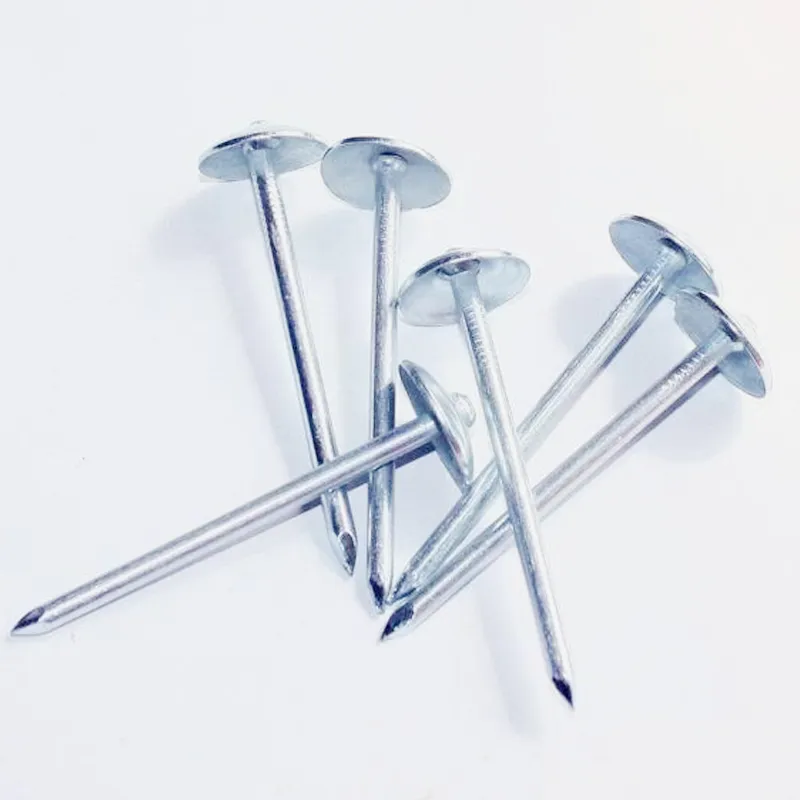Understanding 8% Gauge GI Wire Applications and Benefits
In the world of construction and manufacturing, various materials play a critical role in ensuring durability, stability, and functionality. One such essential material is the 8% gauge Galvanized Iron (GI) wire. This article explores what GI wire is, its unique properties, applications, and benefits.
What is GI Wire?
Galvanized Iron wire is produced by coating a base iron wire with zinc to protect it from corrosion. The galvanization process enhances the lifespan of the wire and makes it an ideal choice for various applications, especially where rust and moisture are concerns. The term gauge refers to the wire's diameter—where a lower gauge number indicates a thicker wire. An 8% gauge wire typically measures about 3.76 mm in diameter, making it sufficiently robust for multiple uses.
Properties of 8% Gauge GI Wire
The 8% gauge GI wire exhibits exceptional strength due to its thickness, allowing it to withstand significant tension without breaking. The protective zinc coating is a vital characteristic that provides excellent resistance to rust and corrosive environments, making it suitable for outdoor applications. Additionally, GI wire is flexible, making it easy to bend and shape according to specific needs while still retaining its strength.
Another notable property is its relatively low cost compared to other materials, providing an economical solution for various industrial and residential applications. Additionally, the wire's ability to be easily weldable and connectable further enhances its usability across different contexts.
Applications of 8% Gauge GI Wire
1. Construction Industry One of the primary uses of 8% gauge GI wire is in the construction sector, where it is employed for binding and reinforcement of structures. Builders often use it for tying rebar and constructing cages for concrete structures, providing additional support and strength.
8 gauge gi wire

2. Fencing Due to its durability and resistance to corrosion, GI wire is widely used for fencing purposes. It can create secure enclosures for agricultural lands, gardens, and properties, helping to keep animals in or out while maintaining visibility.
3. Manufacturing In the manufacturing domain, 8% gauge GI wire serves various purposes, including producing springs, wire ropes, and mesh. Its strength and flexibility make it suitable for products requiring resilience and robustness.
4. Electrical Applications While it is primarily an iron-based material, certain forms of GI wire are also used in electrical applications. Its tensile strength makes it applicable in the production of power transmission lines and grounding systems.
5. Craft Projects Beyond industrial applications, 8% gauge GI wire is popular among DIY enthusiasts and artisans. Its malleability allows for creative designs and useful crafting projects, from sculptures to functional household items.
Benefits of Using 8% Gauge GI Wire
The advantages of using 8% gauge GI wire are numerous. First and foremost, its resistance to corrosion extends its usefulness in harsh environments, ultimately leading to cost savings due to reduced replacement and maintenance. Its strength ensures safety and reliability in construction and manufacturing applications.
Moreover, the wire's versatility makes it easy to work with, allowing for numerous uses across different sectors. The economic aspect of GI wire cannot be overlooked—offering an affordable solution without compromising on quality, making it accessible for various projects, regardless of scale.
Conclusion
In summary, 8% gauge GI wire is a versatile and valuable material used in construction, manufacturing, landscaping, and crafting. With its impressive strength, corrosion resistance, and cost-effectiveness, it continues to be a preferred choice for professionals and DIY enthusiasts alike. As industries and individuals look for durable and practical solutions, GI wire stands out as a reliable option that meets diverse needs effectively.

















